When Should Ukraine Negotiate with Russia?
Making a Deal Now is in Ukraine's and NATO's Interest
Should the Ukraine war stretch into the future much further, the dynamics of any settlement, if there is one, will be much different from what it would be if a settlement were reached tomorrow.
Ukraine will soon be faced with a choice: whether to go on fighting, trying to prolong the war, or to make a deal while it can.
If Ukraine opened diplomatic discussions with Russia today it would still retain full control of its five most important cities: Kharkiv, Kiev, Dnipro, Odesa and L’viv. Its army would still remain viable. Ukraine, in a settlement, could produce significant agricultural output and exports, raising revenue for the country (assuming Russian cooperation). Much of the self-exiled population may decide to return. That will depend on how much of Ukraine's infrastructure remains after a settlement. A longer war means more of the industrial backbone of the country will be obliterated.
Should the war be prolonged, the chance for the return of refugees is less likely. Many of the most skilled will find work elsewhere and integrate into local populations.
If the war continues, Ukraine cannot be assured of keeping control of key cities, holding together its armed forces, restoring its economy, or maintaining an independent government.
Ukraine also cannot depend on western help for much longer. Nor can it be sure that the supposed billions for reconstruction will really be forthcoming. With western countries in a recession and budgets tightening, if the war continues the cost of reconstruction will surely rise to very high levels and take decades to carry out, if at all.
The reasoning behind the short term and long term fortunes of Ukraine is based on the current war results which are turning severely negative for Ukraine.
Today, Ukraine is entirely dependent on outside assistance to keep fighting and to pay its government workers and offset social costs, but even with this help it has become clear that Ukraine's military is facing massive problems it cannot solve. These problems include diminishing manpower (and the problems of replacement), the lack of airpower (which a handful of F-16s won't fix), the increasingly capable Russian forces equipped with modern weapons, and an infrastructure steadily under attack by long range Russian missiles, drones, FAB bombs etc. The army cannot protect its citizens from Russian attacks. It cannot protect work places from destruction.
Compounding Ukraine's problems is that its sponsors are running out of supplies they can afford to send to Ukraine. The supply problem raises multiple issues. The first is that the home defenses of NATO countries have been severely weakened by weapons' transfers. The second is that the supplier countries cannot enter the war on behalf of Ukraine not only because doing so would touch off a general European war, but also because they no longer have the wherewithal to fight a war, especially a land war well beyond their borders. Even before the Ukraine war, RAND and other think tanks and Pentagon run simulations have shown that defending Europe from a Russian attack would be very difficult and could fail. Now that NATO is literally out of bullets, the situation is far worse.
Thirdly, the Ukraine war is damaging NATO's credibility globally, especially as some of the best Western technology, often boasted as game changers, have not delivered sufficient punch to change the war's results. Finally, the war's cost and results are harming the ability of the United States to stabilize both the Middle East and eastern Pacific. In this sense the Ukraine NATO expansion, promised since 2008 and not yet realized fully, is a country too far, as it has energized Russia far beyond what the war's planners expected, and created a genuine risk of the NATO alliance collapsing.
The US promotion of a Greater NATO (and with it the EU idea of a Bigger EU) is mostly based on the geopolitical theory of Zbigniew Brzezinski. Brzezinski proposed a version of Mackinder's "strategic bible." The key notion is that the US must exercise power over the Eurasian landmass. Ukraine, in this context, is the pivot. Beyond Ukraine the US also is eyeing replacing Russia in central Asia (the "Stans") and if an alliance with Iran is possible as the Biden administration hopes, pushing Russia out of the Caucuses. Notably, the US has managed to convince Armenia, long a Russian client, to change directions and align with the US and NATO.
Brzezinski's The Grand Chessboard: American Primacy and its Geostrategic Imperatives (1999) has had a profound influence among Washington policy makers of both major political parties. Essentially it is what many commentators describe as the outlook of the so-called Neocons.
Russia understands exactly what the US is trying to achieve. Its first focus is on Ukraine, but Russia is aware that US military, diplomatic, NGO, and CIA undertakings in its neighborhood represent a significant challenge. Russian counter-strategy is to break NATO just as the US is trying to bring about regime change in Russia and weaken Russian power.
Ukraine, of course, is fighting to regain areas in its country where millions of Russians live. Instead of trying to lure Russian-speakers back into the Ukrainian fold, Ukraine has been carrying out a systematic purge. It has ruled out the use of the Russian language in schools and government offices, including healthcare providers. It has barred the teaching of Russian literature. It has arrested Russian Orthodox priests and occupied Russian monasteries and churches. Russian cultural sites, statues and other symbols of Russian achievement are being systematically destroyed, allegedly by so-called vigilantes. The purging of Russians in Ukraine leaves no road back and no possibility of reconciliation.
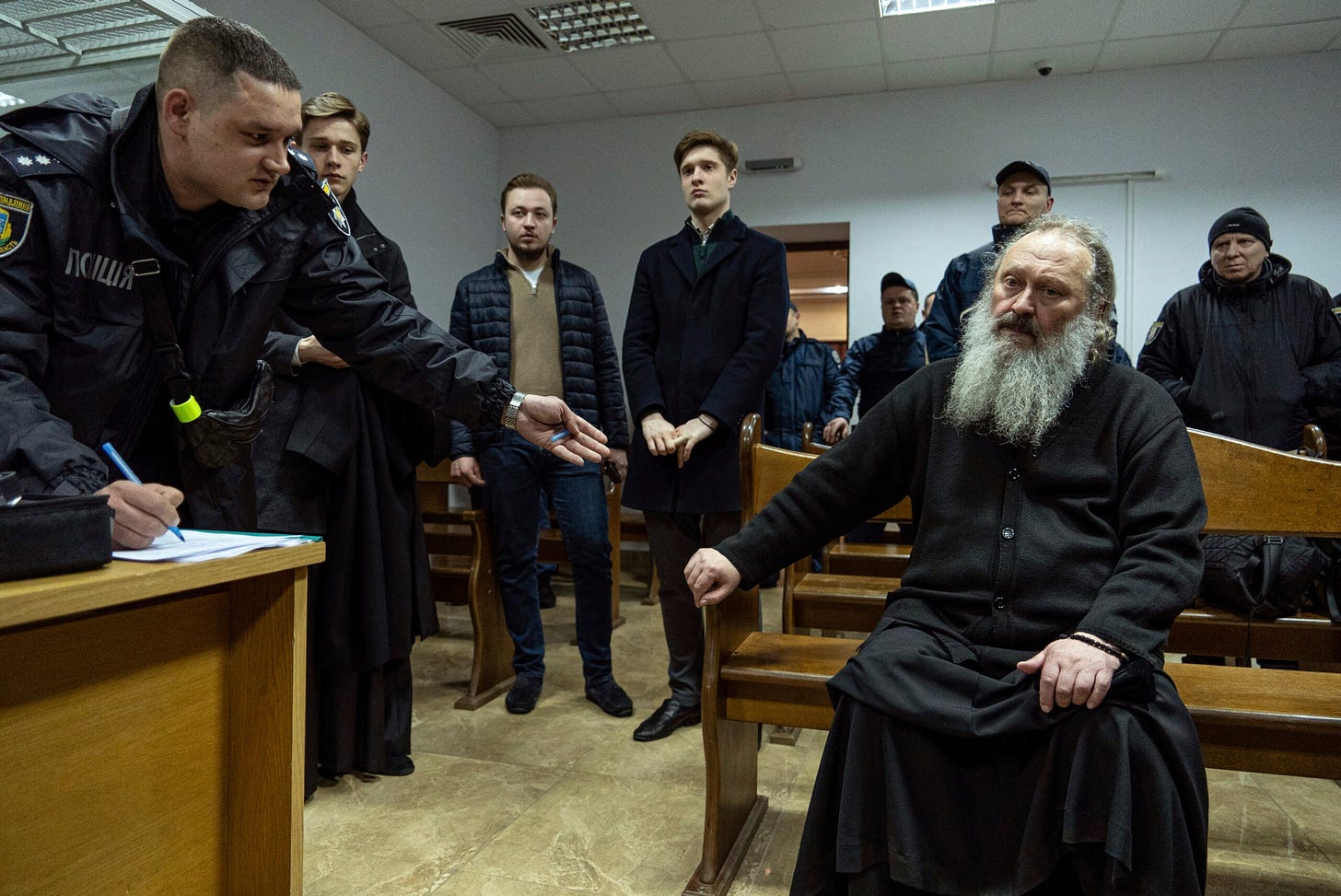
There are still parts of Ukraine that have important concentrations of Russian speakers. Odesa, for example, with a population of $1.02 million is 62% Ukrainian and 29% Russian, a significant minority. Jews once composed 32% of the Odesa population, but thanks to the Nazi extermination of Jews, today the Jewish population is less than 1.2%. There have been calls in Russia for its army to take over Odesa.
Speaking at the Valdai Discussion Club in Sochi on October 5th, Russian President Putin outlined Russia's war aims. He said that Russia is focused on protecting the people of Donbass and Crimea in the conflict with Ukraine, rather than “looking for new territories.”
Putin's statement does not mean that if the war is prolonged that Russia will content itself with only protecting the areas already mostly under Russian control. It is also the case that Russia's war aims include equally important goals, not the least of which is excluding NATO from Ukraine. Russia's desire to keep NATO out of Ukraine applies to any war settlement where Ukraine concedes it has lost the war.
If Ukraine carries on the war, the outcome for it will be far worse if current trends on the battlefield continue. A longer war could lead to civil conflict in Ukraine, a change in military leaders, or the overthrow of the government. While some see the war going on for a few more years, it is unlikely that Ukraine's army can hang on that long.
Washington policy makers would be wise to try and settle the Ukraine conflict rather than prolong it. While some think Biden, who has pledged to continue the war at all costs, needs the war for his re-election campaign, shifts in public opinion suggest that strategy is wrong. While Congress still favors funding Ukraine at some level, it is unlikely that Ukraine will get enough support to change the outcome, other than exacerbate battlefield casualties. This is even more reason for Ukraine's government to ask the Russians for terms, while they can.
A Ukraine war settlement soon will be to the benefit of Ukraine, the US and NATO.



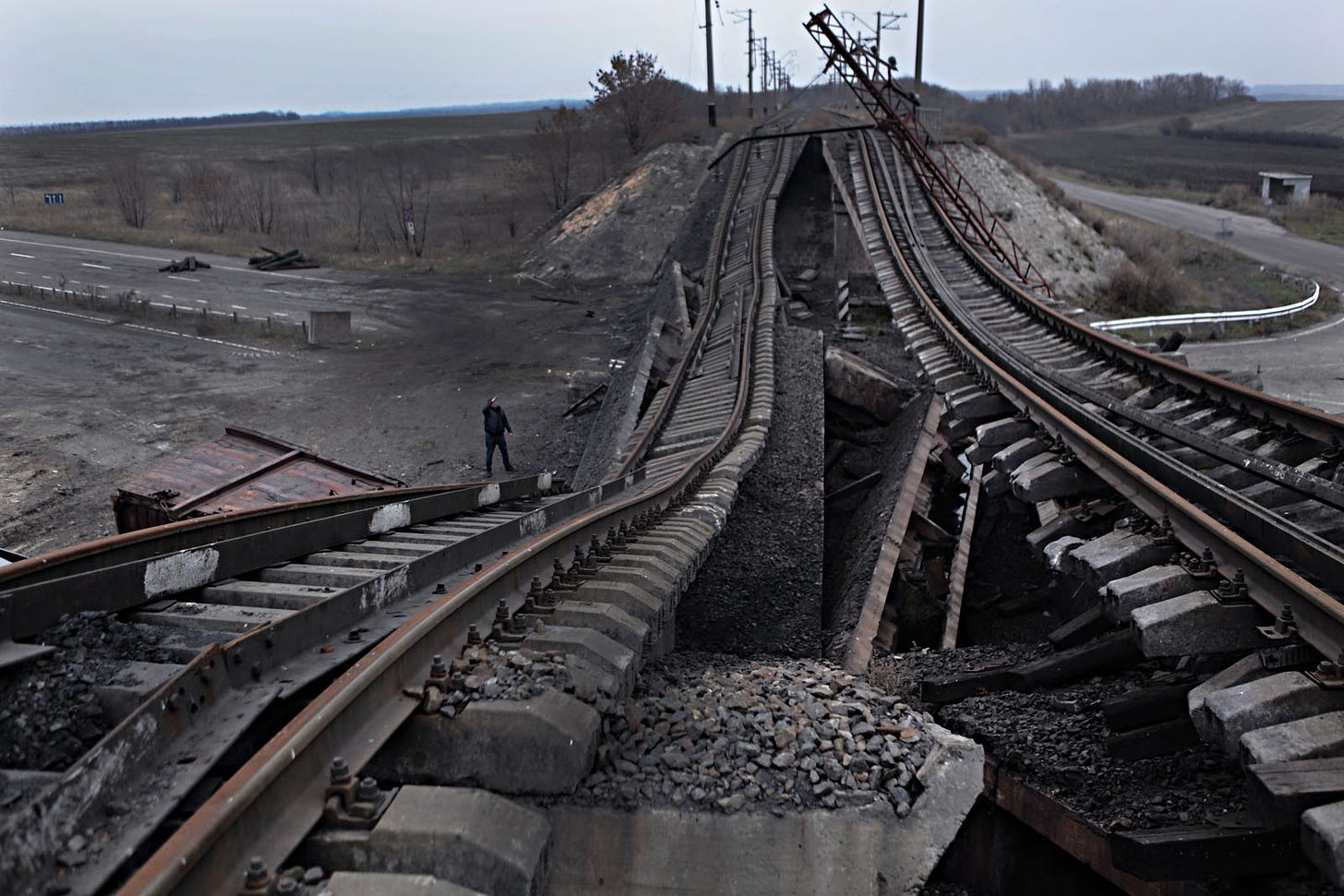
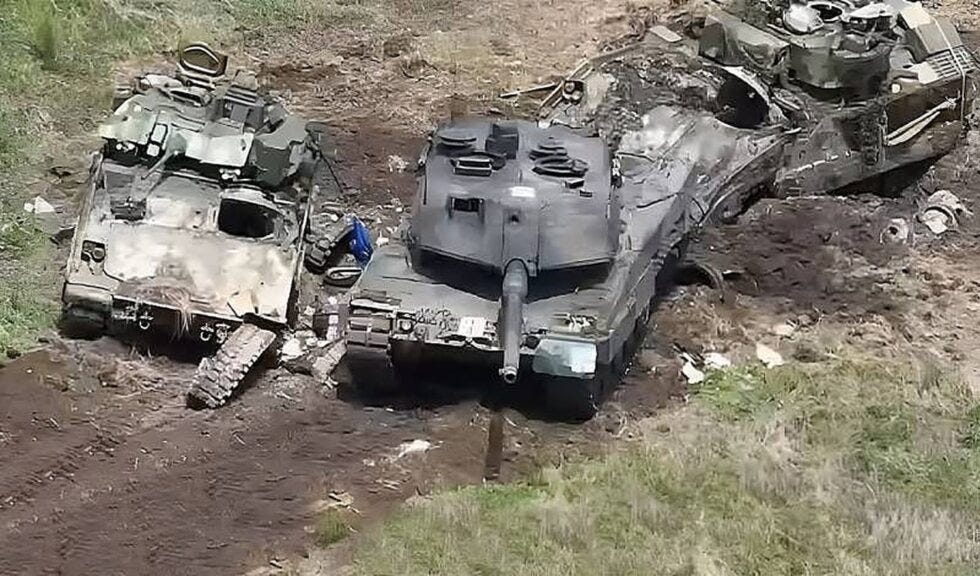
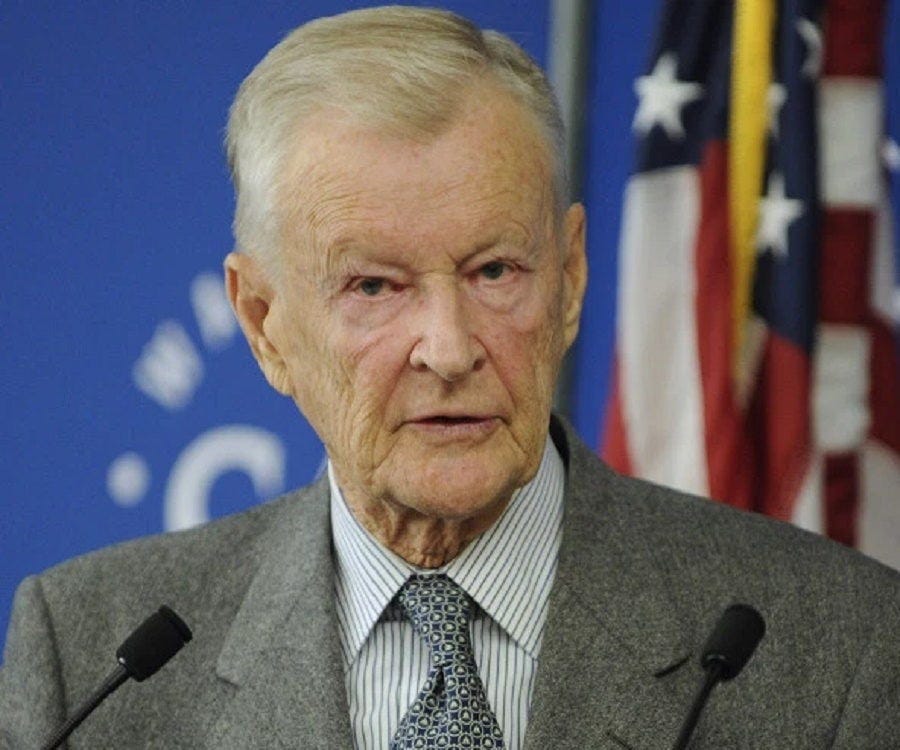
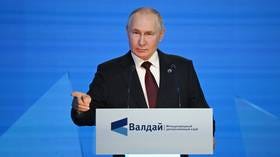
If only there was an agreed upon solution by both sides of the conflict. Say somewhere near the start of the SMO, maybe March 2022.
Oh wait......
Why would Russia concede to negotiations when they are inexorably defeating Ukraine? Ukraine would have to offer very good terms.